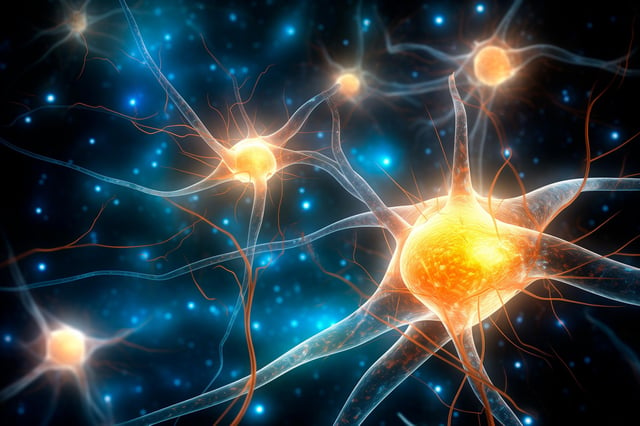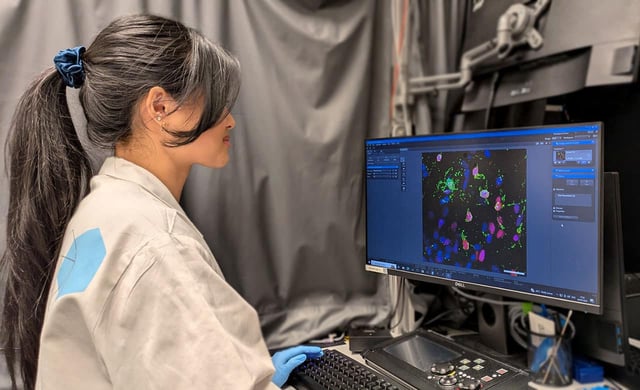Overview
- Oligodendrocytes, not just neurons, produce amyloid beta, a protein linked to Alzheimer's disease.
- Suppressing amyloid beta in oligodendrocytes improved brain pathology and neuronal function in mice.
- The findings challenge the belief that neurons are the primary source of toxic amyloid beta.
- Targeting oligodendrocyte-derived amyloid beta could become a novel treatment strategy for Alzheimer's.
- The study highlights the importance of re-evaluating current Alzheimer's treatment approaches.

